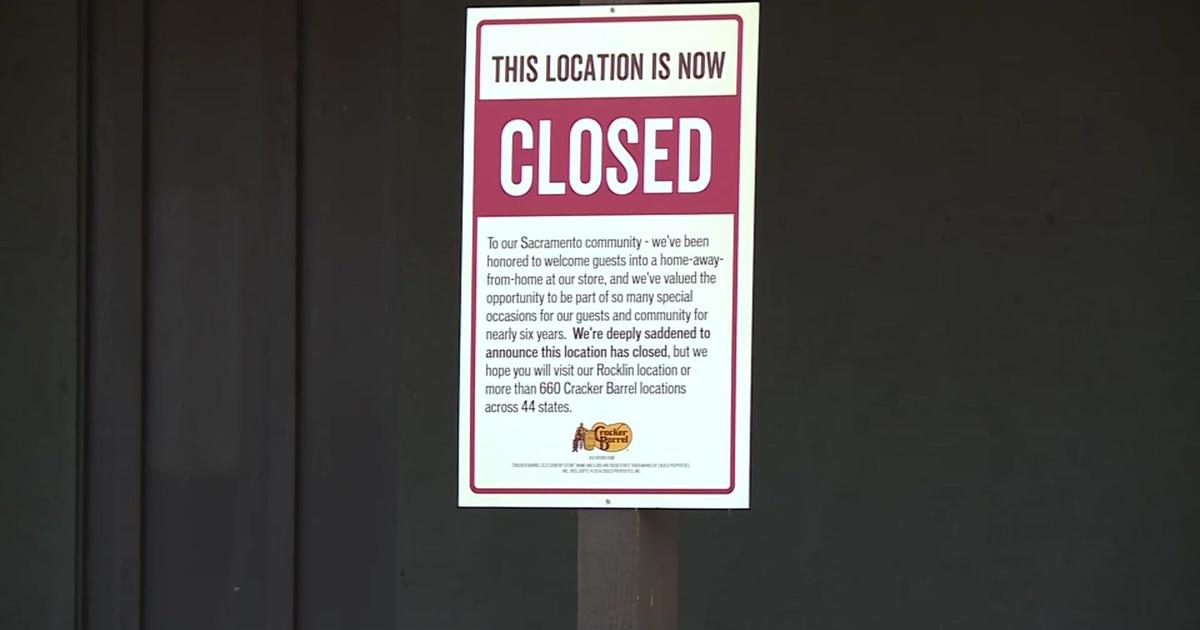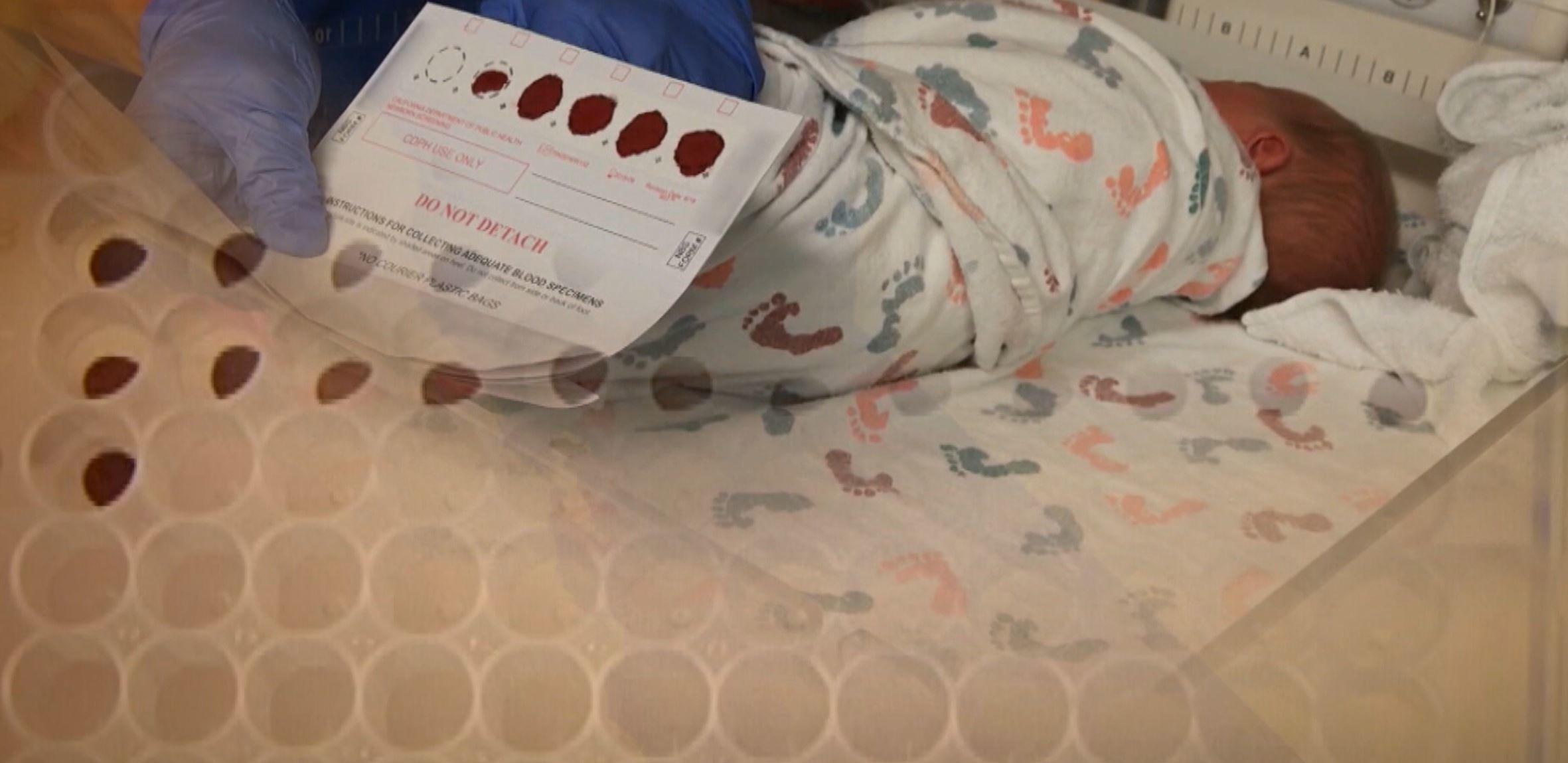Court: Defendants Found Insane At Trial Don't Have To Testify At Confinement Extension Hearings
SAN FRANCISCO (AP) - Felony defendants found insane at trial don't have to testify at hearings to extend their confinement at a mental hospital, the California Supreme Court ruled Monday.
The court, in a unanimous decision, said state law extends federal and state rights that defendants have during criminal proceedings to such mental health hearings. Among those rights is the U.S. Constitution's 5th Amendment guarantee allowing defendants not to take the witness stand to avoid incriminating themselves.
The ruling comes in the case of Charles Hudec, who was found not guilty by reason of insanity in the 1981 slaying of his father in Orange County. Hudec, who was diagnosed as paranoid schizophrenic, heard voices telling him he had to kill his father to please God and to avoid becoming gay, according to court documents. He was committed to a state mental hospital.
Orange County prosecutors sought to extend the commitment in 2012 on the grounds that he still posed a substantial danger to the public. A lower court granted prosecutors' motion to compel Hudec's testimony as a witness for the prosecution, but an appeals court disagreed.
The state Supreme Court sided with the appeals court in its decision, saying prosecutors would still be able to rely on evidence from mental health professionals who have treated Hudec and a psychologist who evaluated him to try to extend his commitment.
A call to the Orange County District Attorney's Office was not immediately returned. But in documents filed in the case, prosecutors cited a previous appeals court decision in their favor.
They also said mental health extension hearings were not criminal proceedings, and people's testimony may be the most reliable proof of their mental state.
Copyright 2015 The Associated Press.



